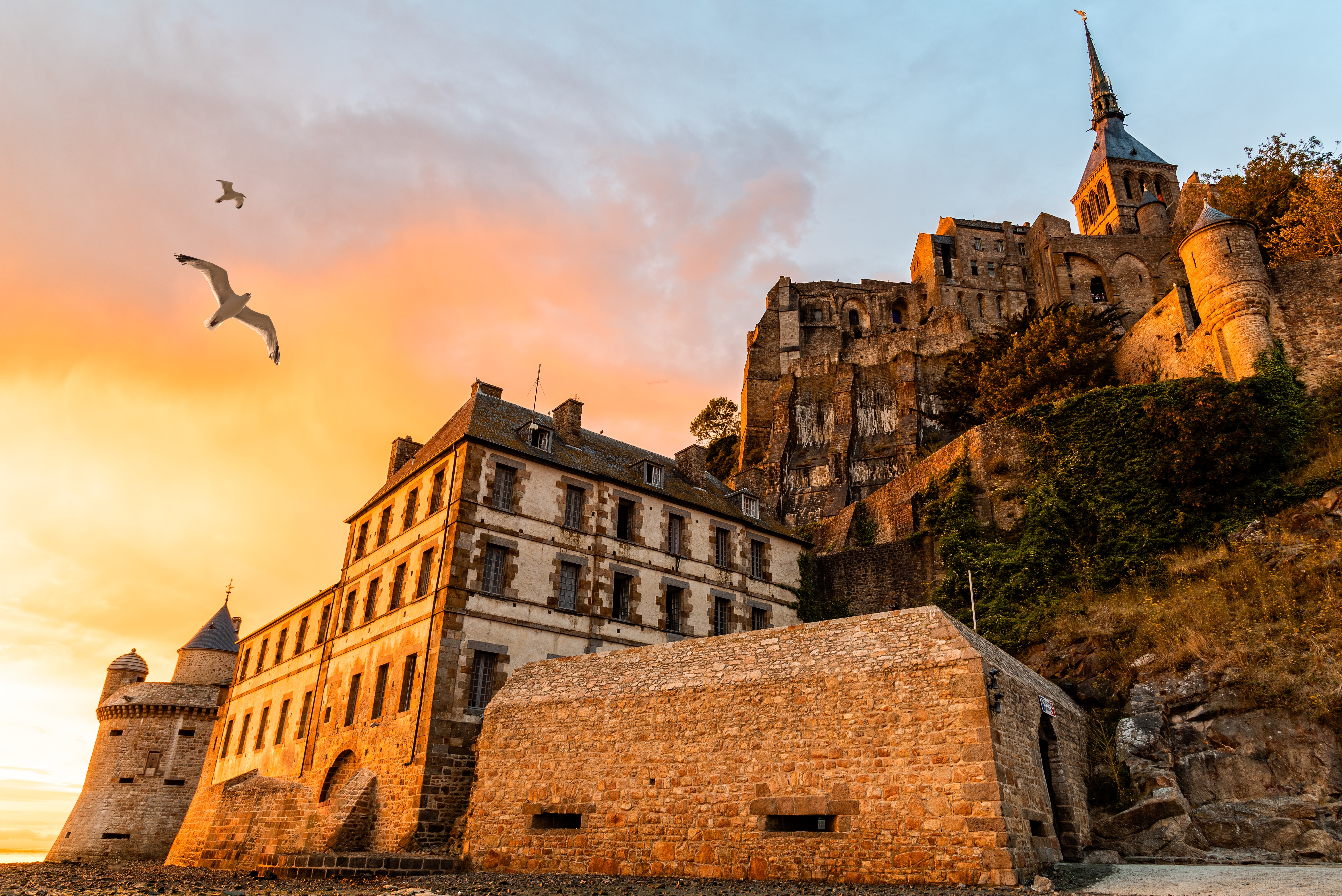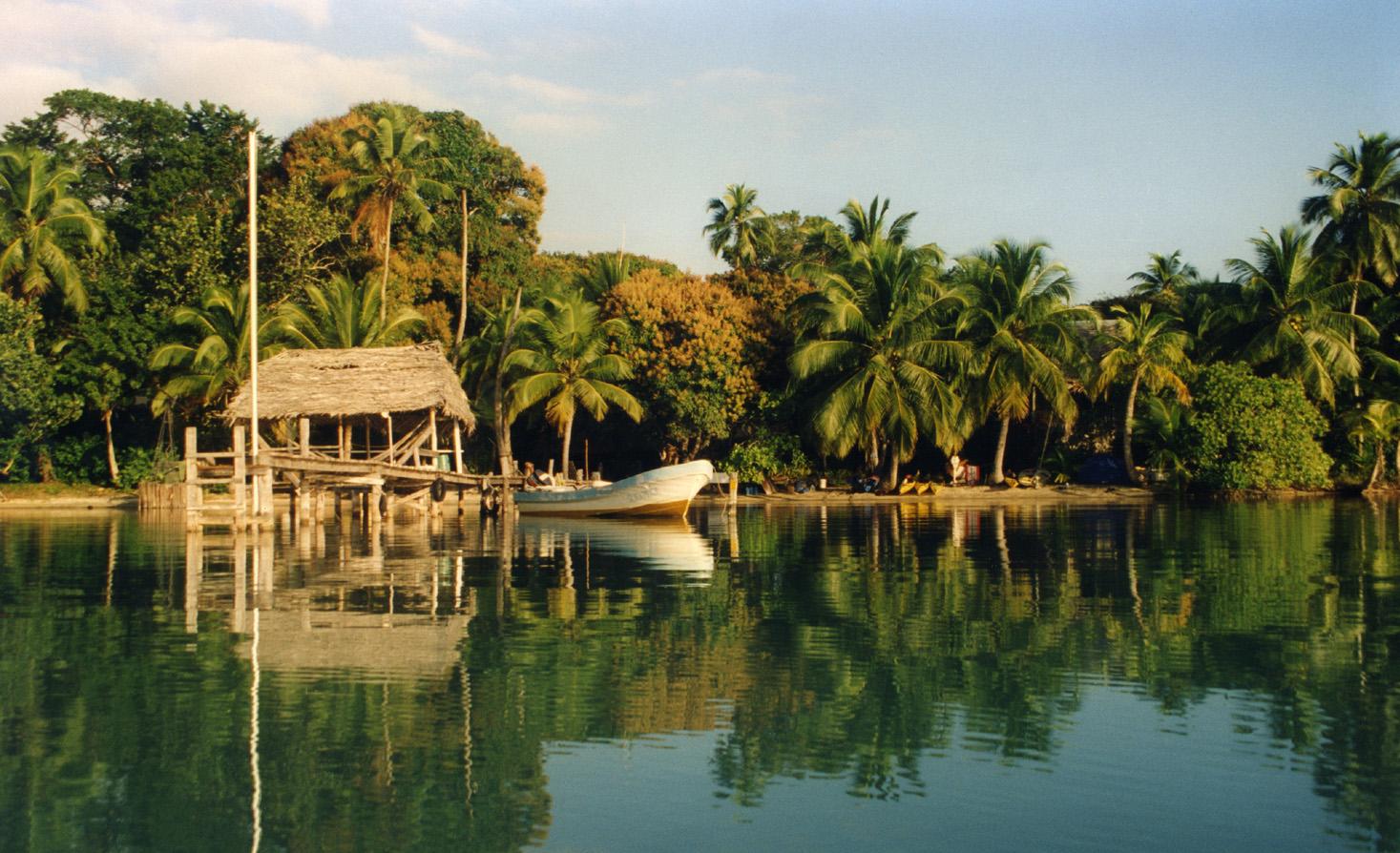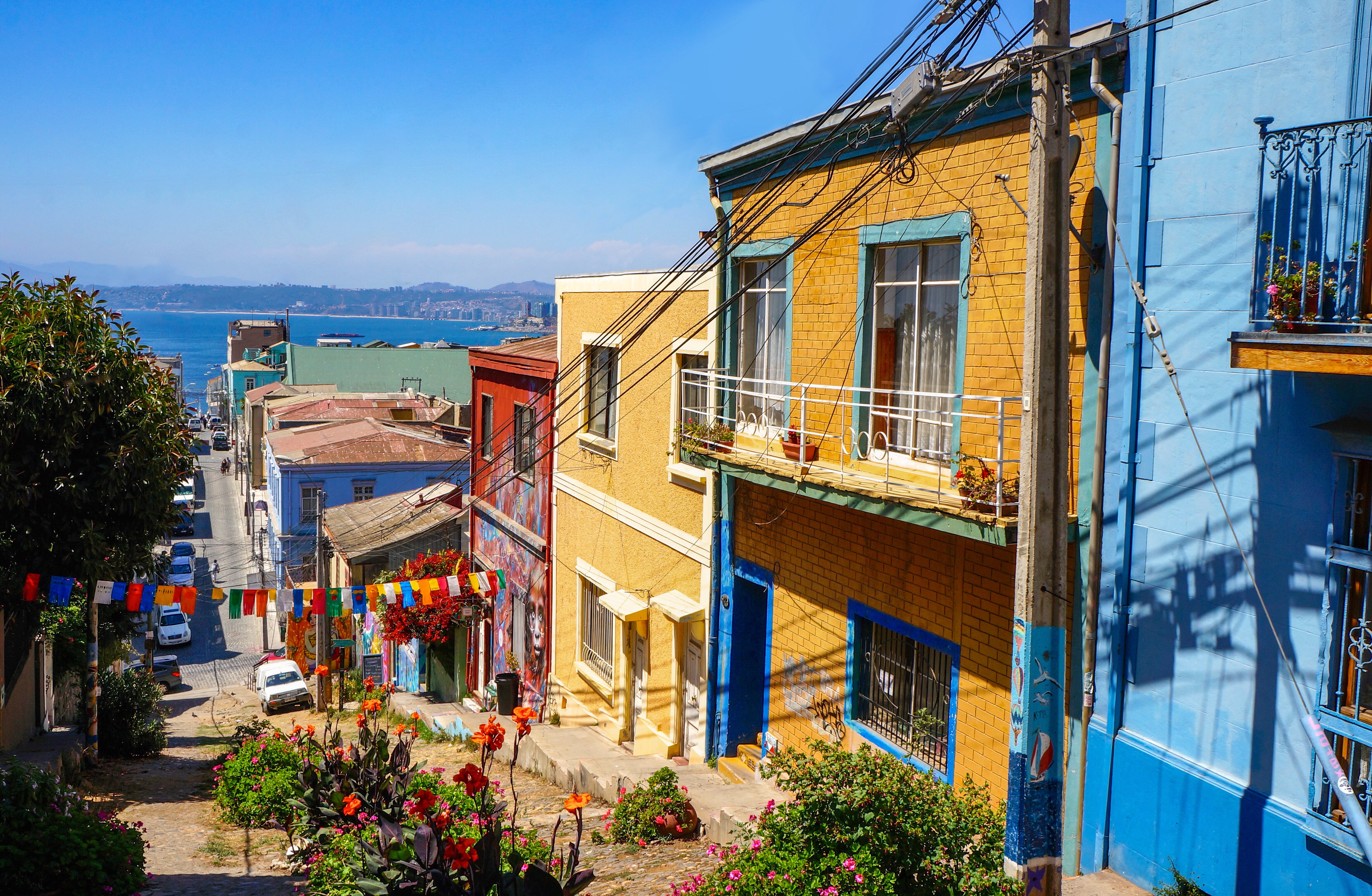12 Nations Where Locals Truly Love Tourists (and 3 That Are Over It)
Not every country greets tourists with open arms—but some genuinely do. In an era of overtourism and cultural strain, it’s refreshing to find places where travelers are still welcomed, celebrated, and even befriended. From nations that see tourism as a point of pride to those where hospitality is a deep-rooted cultural value, these 12 nations prove that warmth can’t be faked. But it’s not all sunshine—some once-welcoming countries are reaching a breaking point, with locals increasingly vocal about the downsides of mass tourism. Here’s where you’ll be embraced—and where you might get the cold shoulder. Let's take a look!
1. Ireland

The Irish aren’t just friendly—they’re famously so. Tourists here are often treated like long-lost relatives, with strangers striking up pub conversations or offering directions without hesitation. Local pride in culture, storytelling, and music means visitors are seen as an audience worth performing for. It helps that Ireland’s tourism strategy emphasizes sustainable, respectful travel. Whether you're navigating a country road or ordering a Guinness in Dublin, expect warmth, wit, and an open invitation to stay just a little longer.
2. Japan
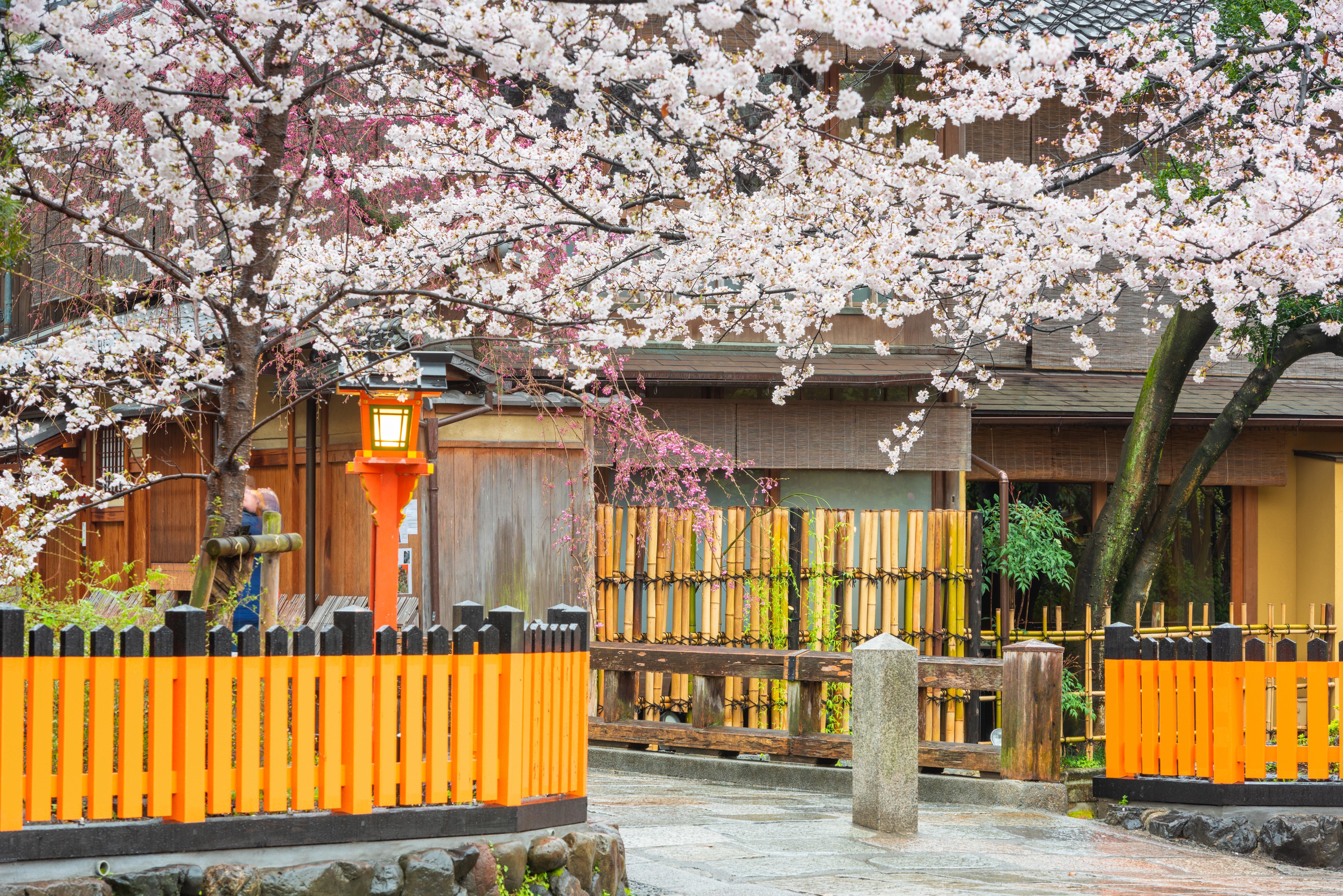
Politeness isn’t just a custom in Japan—it’s a philosophy. Visitors are treated with meticulous courtesy, and even the busiest cities handle crowds with calm efficiency. Locals often go out of their way to help tourists, especially when language barriers arise. This hospitality is deeply embedded in Japanese culture, from omotenashi (selfless hosting) to small gestures like handing back change with both hands. The key is respect: tourists who are thoughtful and curious tend to be welcomed warmly.
3. Portugal
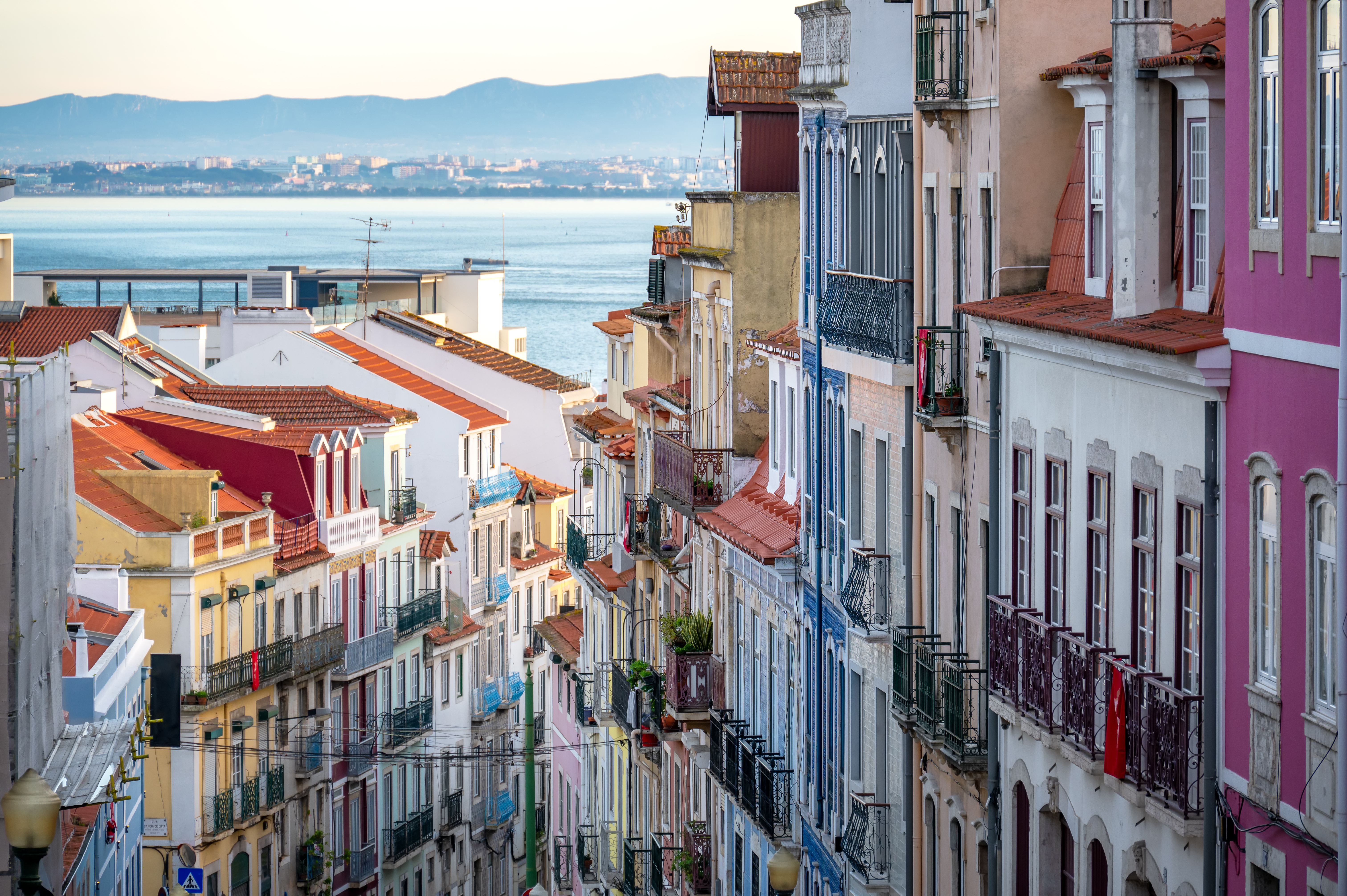
Portugal is having a tourism moment—and locals are mostly thrilled about it. From Lisbon’s café owners to the fishermen of Algarve, people tend to see visitors as a positive force rather than a nuisance. There’s a laid-back, open energy to Portuguese culture that translates into genuine hospitality. Tourists who take the time to appreciate local traditions, music, and food often find themselves invited into longer conversations—or even homes.
4. New Zealand
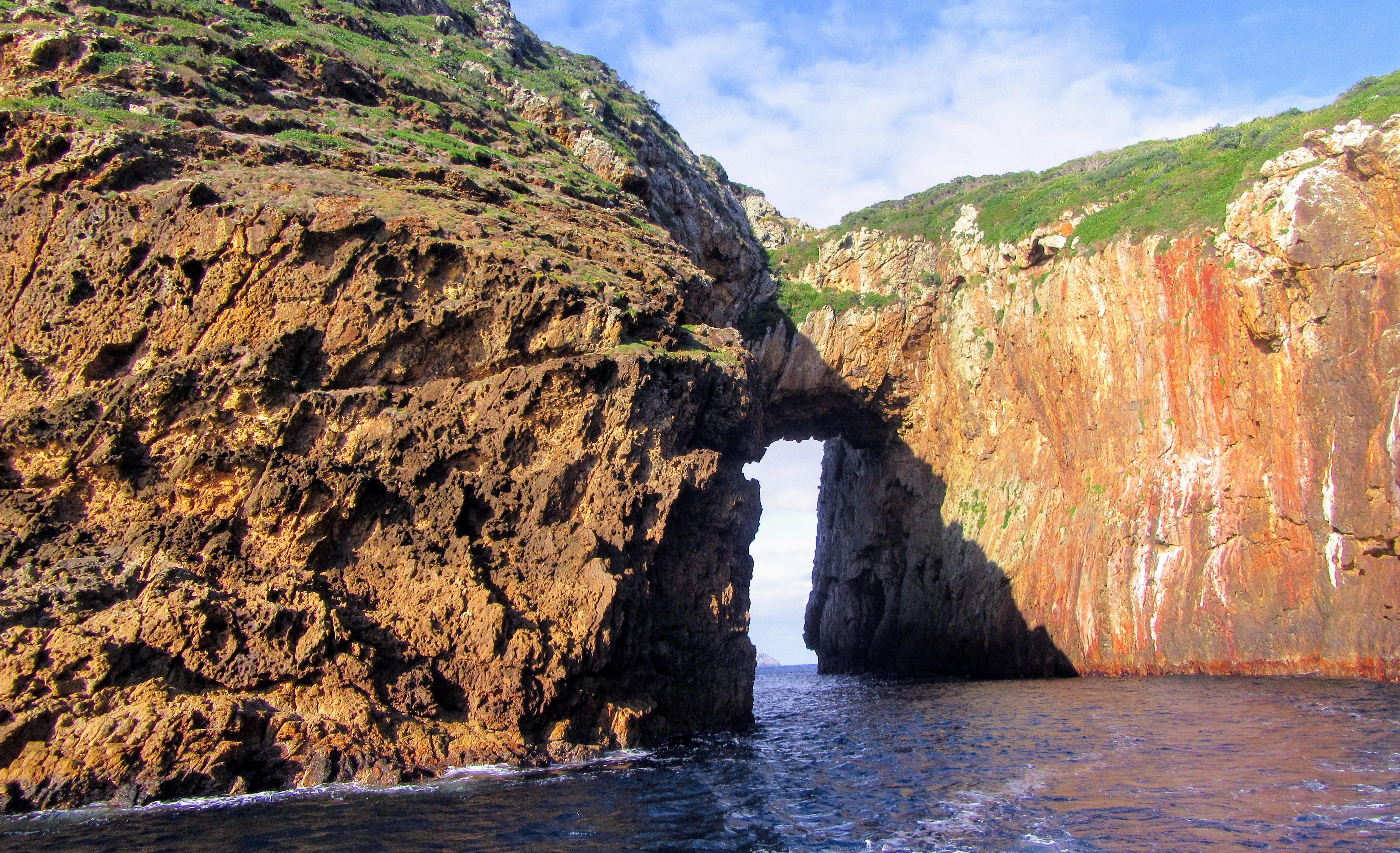
Kiwis are known for their easygoing, welcoming nature, and it’s not just for show. Tourism is a big part of the economy, but what makes New Zealand unique is how locals integrate visitors into daily life. From Māori cultural tours to adventure tourism hubs like Queenstown, there’s a strong emphasis on connection, safety, and storytelling. Tourists who show interest in the land’s history and respect its natural beauty are often met with smiles—and insider tips.
5. Thailand
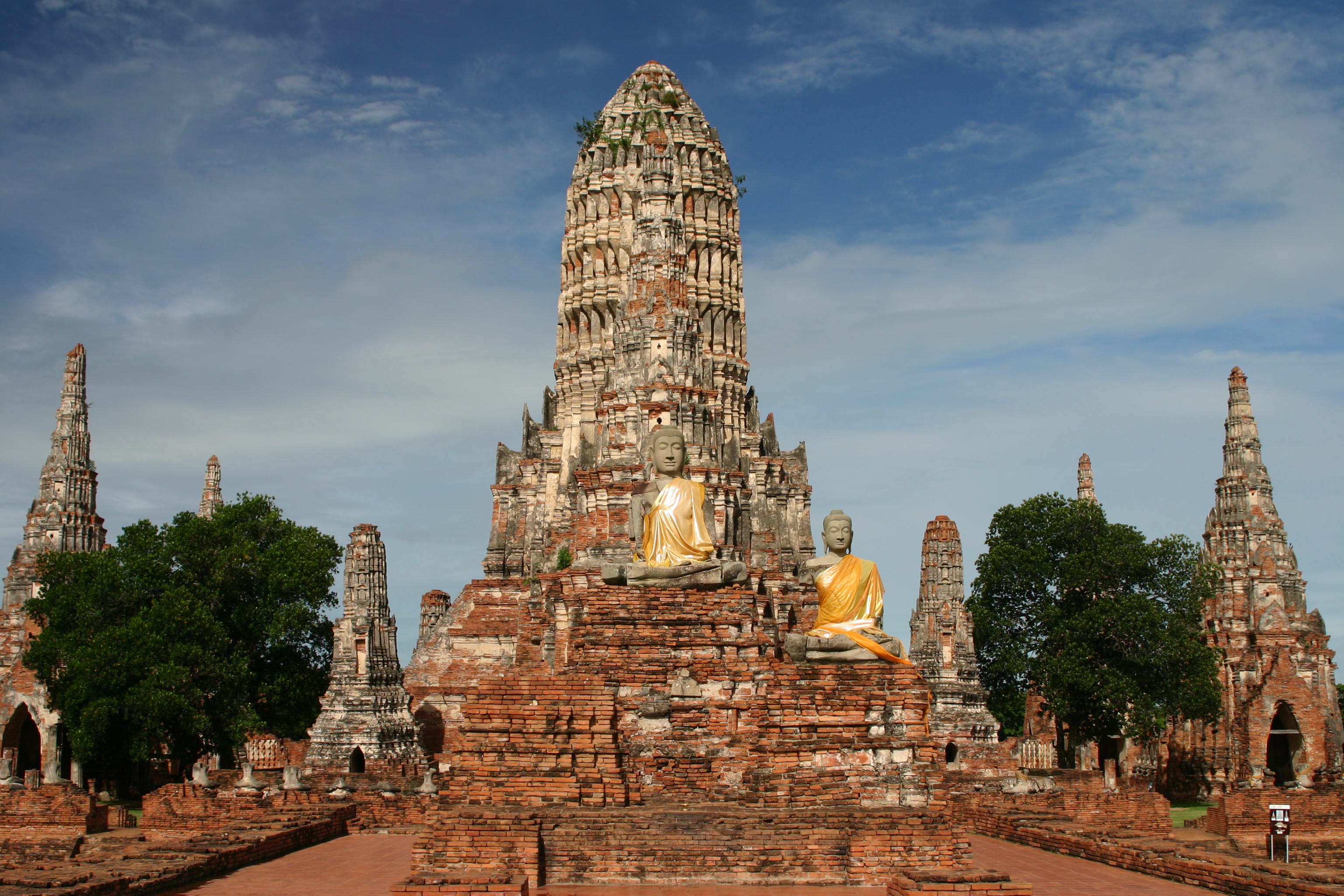
Known as the “Land of Smiles,” Thailand lives up to its nickname. While some of the more touristed spots have grown weary of disrespectful visitors, the majority of the country—especially in northern and rural regions—still treats tourists with kindness. Hospitality here is a blend of Buddhist values, national pride, and a long-standing familiarity with foreign guests. Learn a few basic Thai phrases, be respectful of customs, and you’ll find locals incredibly warm and gracious.
6. Mexico

Despite negative stereotypes abroad, Mexico remains one of the warmest, most tourist-loving countries on Earth. Locals—especially in family-run establishments and small towns—go out of their way to make visitors feel like part of the community. From offering homemade food to engaging in long conversations about culture and history, the generosity is palpable. Many Mexicans take pride in correcting outsiders’ perceptions, and the best way to thank them is by being curious and kind in return.
7. Colombia

Few countries have rebranded themselves as gracefully as Colombia. Emerging from a troubled past, it now thrives on tourism—and locals are often its most enthusiastic ambassadors. There’s a deep desire to show travelers the country’s real soul, beyond outdated media narratives. Whether you're dancing in Cali or sipping coffee in Salento, expect sincere warmth, frequent check-ins (“¿todo bien?”), and people genuinely eager to share their stories.
8. Greece

Hospitality (or philoxenia) is a cornerstone of Greek culture, tracing back to ancient times. This deeply held belief in welcoming strangers still shapes how tourists are treated today. From taverna owners who send you home with extra baklava to elders who insist you sit and rest in the shade, the Greek approach to hosting is deeply heartfelt. The economic value of tourism is important here, but the cultural instinct to care for guests runs even deeper.
9. Morocco

While big cities can be hectic, Morocco’s heart lies in its hospitality. In riads, desert camps, and mountain villages, tourists are welcomed with mint tea and sincere curiosity. There's pride in storytelling and a strong tradition of treating guests with honor—especially when travelers show respect for Islamic customs and local traditions. From bustling souks to remote kasbahs, it’s not uncommon for locals to go out of their way to help or guide you.
10. Jordan

In Jordan, hospitality is almost sacred. Rooted in Bedouin culture, where welcoming strangers could mean survival in the desert, today it translates into genuine warmth and respect for visitors. Locals often offer tea, conversation, or directions without being asked. Whether you’re floating in the Dead Sea or wandering through Petra, the atmosphere is one of protection and pride. Tourists who behave respectfully are usually met with overwhelming kindness—and often, lasting memories.
11. Slovenia
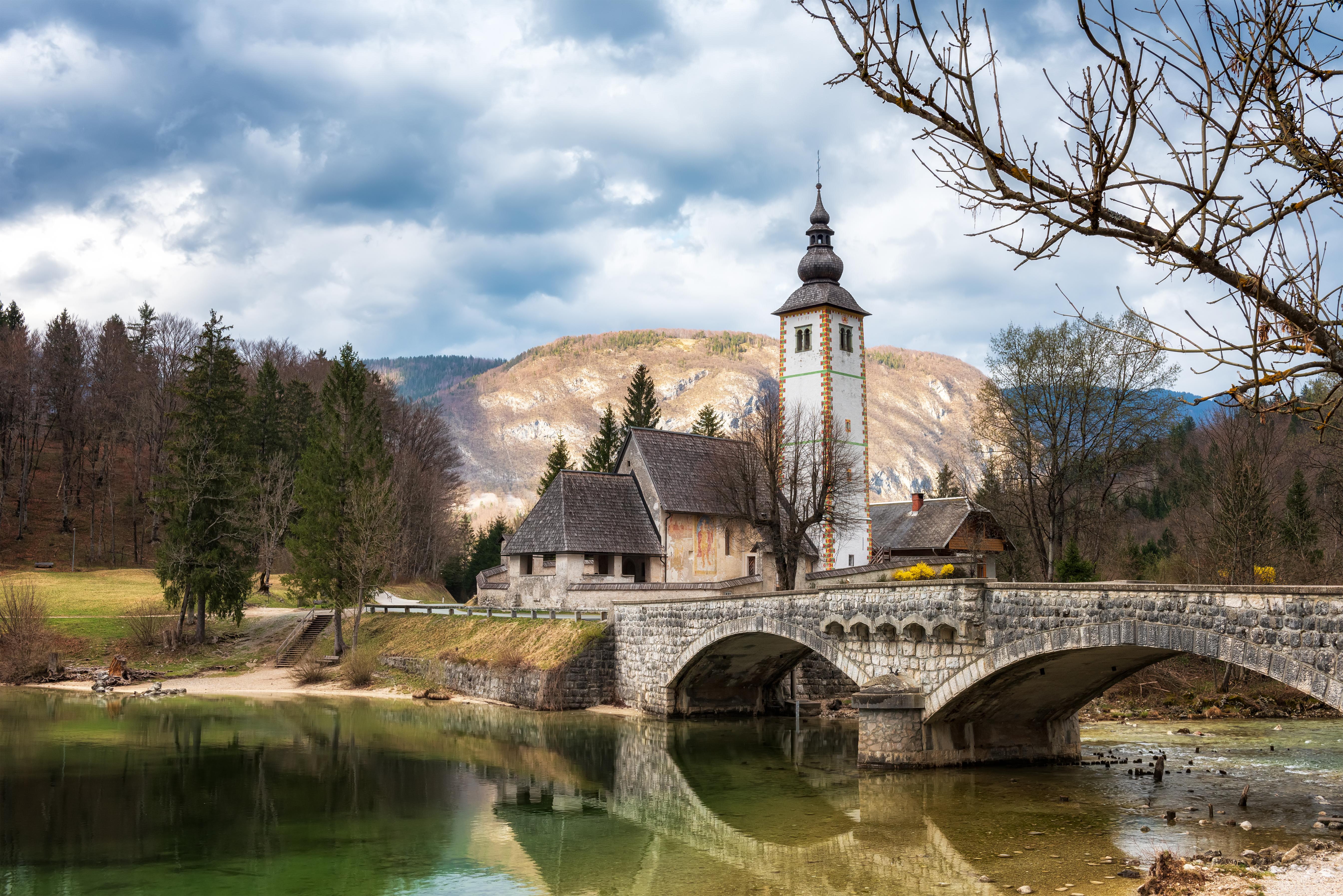
Tucked between tourist magnets like Italy and Croatia, Slovenia has quietly developed a reputation for charm, beauty, and friendliness. Locals, especially outside Ljubljana, are proud of their eco-conscious tourism and small-town intimacy. It’s not uncommon for a B&B host to draw you a custom itinerary or share homemade schnapps. Slovenia hasn’t been overrun yet, so visitors are still seen as guests—not numbers. The vibe is calm, generous, and refreshingly real.
12. Bhutan

Tourism in Bhutan is tightly controlled—but that’s exactly why locals still love having visitors. With its "high value, low volume" policy, Bhutan ensures that tourists are respectful, engaged, and aligned with the country’s values. The result? A calm, mutually appreciative exchange. Visitors are often invited into temples, local homes, or community festivals. In Bhutan, tourism isn’t just an economic engine—it’s a cultural bridge, maintained with care on both sides.
13. Italy

Yes, Italy is still beautiful—and yes, people still flock to it. But in cities like Venice, Florence, and Rome, locals are growing weary. Cruise ship congestion, short-term rentals, and selfie-stick mobs have made daily life a struggle. While Italians remain proud of their heritage, many now associate mass tourism with lost authenticity. Respectful, slow travel is still appreciated—but don’t expect a warm welcome if you’re blocking a church doorway with a tripod.
14. Iceland

Once a quiet, under-the-radar destination, Iceland has become a victim of its own success. As tourism ballooned post-2010, the strain on infrastructure—and locals’ patience—has become apparent. From overcrowded hot springs to off-road damage by unaware drivers, Icelanders are increasingly vocal about unsustainable travel behaviors. The magic is still there—but visitors who treat it like a theme park might find a frosty reception.
15. Bali (Indonesia)
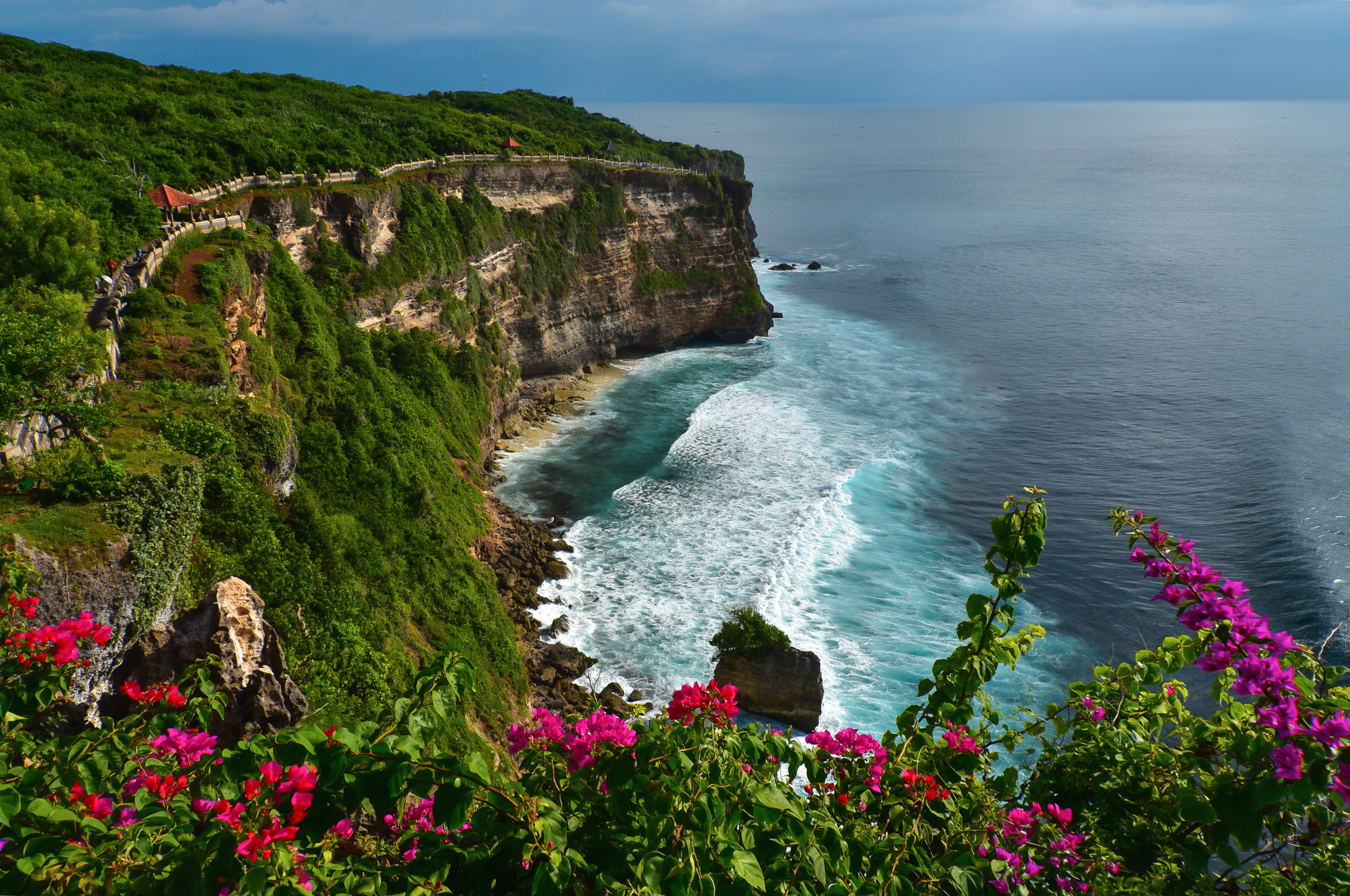
Bali is paradise—just ask the 6 million people who visit every year. But many Balinese are tired. Cultural disrespect, rising living costs, and poor tourist behavior (from inappropriate clothing at temples to illegal "digital nomad" antics) have left locals disillusioned. Spiritualism and generosity still thrive in village life, but in tourist-saturated areas, warmth has given way to wariness. Those who approach Bali with reverence and humility will still be embraced—but the vibe has shifted.
Travel is a privilege, not a right—and nowhere is that more apparent than in the way locals respond to visitors. In some places, hospitality flows naturally, shaped by culture and pride. In others, that goodwill has been eroded by waves of careless tourism. The difference often comes down to how you show up: curious or entitled, observant or oblivious. So as you explore the world, remember—it’s not just about where you go. It’s about how you’re received. And how you choose to be received starts with how you behave.

